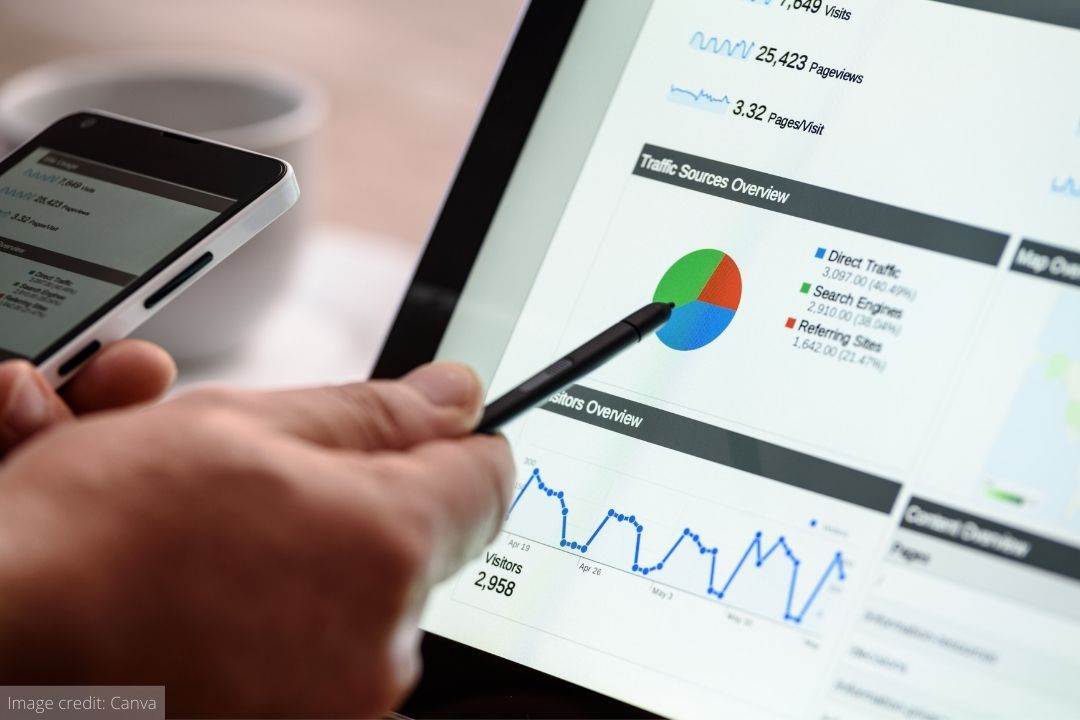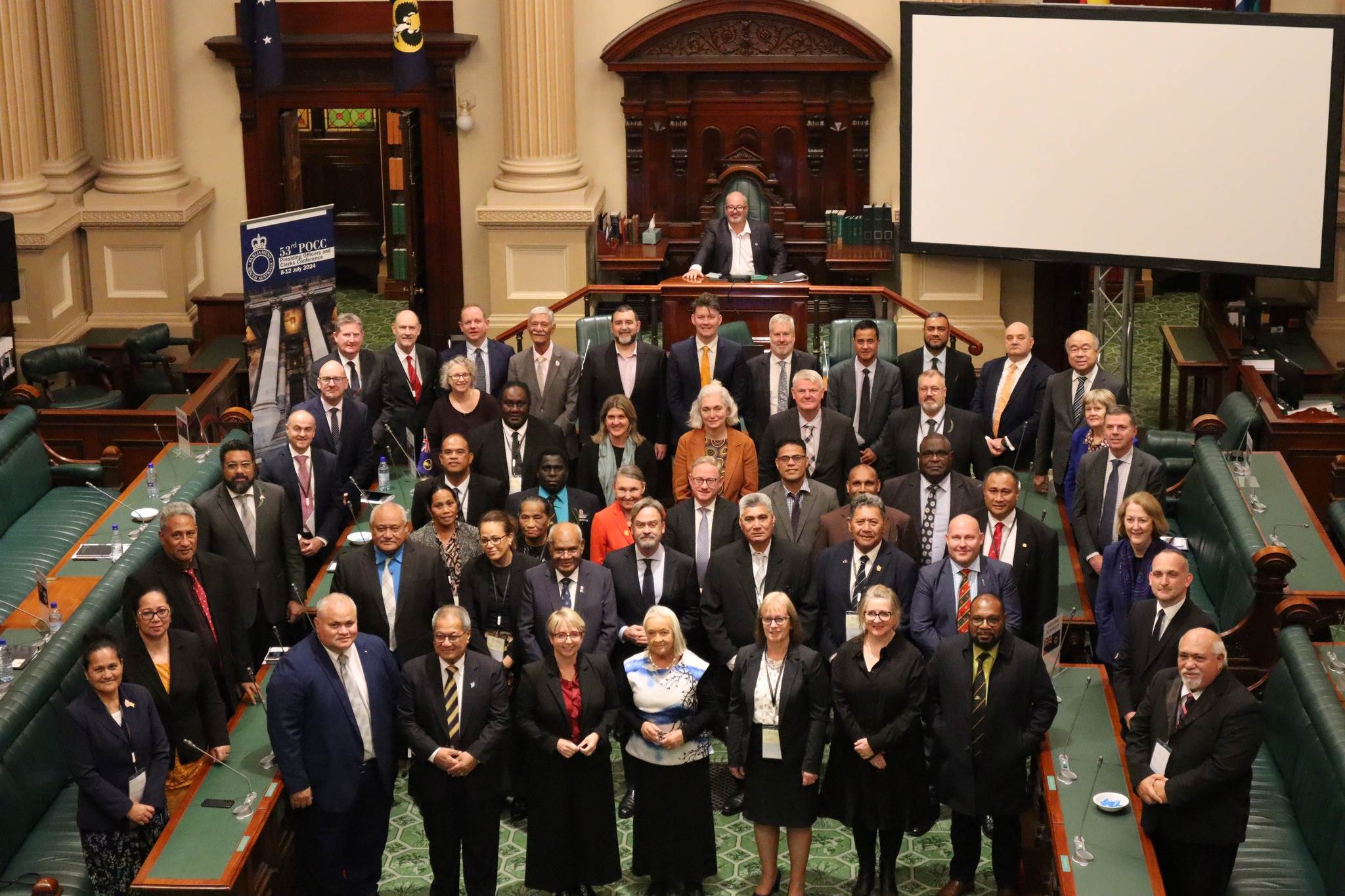
Mapping and connecting Parliamentary Research Services around the world
Research evidence has an important role to play in the work of Parliaments as they scrutinise, debate and pass legislation. This blog highlights a new online resource that provides a global map of parliamentary research services - some well-known and others that are new - that will be of use to the wider parliamentary and academic communities.
By Dr Vicky Ward (University of St Andrews, Scotland, UK & Parliamentary Academic Fellow, Parliamentary Office of Science and Technology, UK) and Dr Mark Monaghan (Loughborough University, UK & Parliamentary Academic Fellow, Parliamentary Office of Science and Technology, UK)
Introduction
The importance of scientific and academic research to the policy process has been at the forefront of discussions within and between academic and policy communities for several decades. To date, the focus of much of the work on evidence-based (or evidence-informed) policy has been at the level of the Executive, with little attention paid to Parliaments as the users of research evidence.
One of the issues, perhaps, is that academics do not fully understand or appreciate how Parliaments function or the role that research evidence can play in the debate and scrutiny of legislation and government policy.
The relatively scant discussion that has so far taken place around the use of research evidence in Parliaments tends to focus on Northern Europe and America and has framed the topic as ‘science advice’ (e.g. Norton, 1997; Kenny et al 2017; Ouimet, et al, 2006). This has led to the impression, amongst certain parts of the research community, that most Parliaments do not routinely access and/or use the full breadth of academic research.
Within the parliamentary community there is a much broader awareness of the potential value of academic research and how this can be harnessed. Well-known models for linking individual Parliaments with academic research include the UK’s Parliamentary Office of Science and Technology (POST) and Pakistan’s Institute for Parliamentary Services (PIPS), alongside network-oriented models such as the Commonwealth Parliamentary Research Service (CPRS) through the Commonwealth Parliamentary Association.
Services like POST and PIPS have a long history of establishing bilateral relationships and exchanging knowledge with other Parliaments and their research services. Other opportunities for parliamentary research services to learn from one another include networks such as the European Parliamentary Technology Advice (EPTA) network and the International Parliamentary Engagement Network (IPEN). What is missing, however, is a global picture of where and how parliamentary scrutiny and debate are being supported with academic research. This is what we set out to achieve.

Background to our Fellowship
In early 2021 the UK’s Parliamentary Office of Science and Technology (POST) advertised a Parliamentary Academic Fellowship focused on understanding the global landscape of how ‘science advice’ was being provided to Parliaments. The fellowship presented us, university-based academics with backgrounds in evidence-based policy and knowledge mobilisation, with an opportunity to collaborate with and provide academic input to POST’s work.
POST’s aims were:
- to understand how other Parliaments access and harness academic research;
- to identify different models of Parliament-academic knowledge exchange;
- to identify opportunities to learn from other Parliaments in order to improve and develop POST’s service and;
- to help international counterparts identify approaches relevant to their own context.
Our approach to mapping the landscape of parliamentary research services
We began our work on the project in September 2021 with a mapping exercise to scope the services – or mechanisms as we refer to them - used by Parliaments to access and harness academic research. We invited submissions of relevant mechanisms to an online mapping platform through various parliamentary and professional networks (e.g. Commonwealth Parliamentary Association, EPTA).
Our global coverage from this exercise was patchy - several well-known mechanisms were missing and the map included organisations, departments and networks who primarily ‘pushed’ or disseminated research to government or other policy actors. As a result, we decided to focus on mechanisms for ‘pulling’ research into Parliaments and to fill the gaps in our map by searching the websites of all national Parliaments included in the Inter-Parliamentary Union (IPU) database for references to research services. Using this approach, we were able to identify 181 potential mechanisms across 125 countries.
The next phase of our project involved gathering documents from a sample of the potential mechanisms we had identified. We focused on Commonwealth Parliaments for this work, reasoning that this would provide a suitably diverse set of countries and mechanisms and avoid duplicating ongoing work on Francophone Parliaments. We emailed 41 potential mechanisms situated in Commonwealth countries requesting information about the purpose, structure, activities and governance of the mechanism and the relationship to academic research.
Some responses suggested that links with academic research were weak or limited, with mechanisms reporting the provision of evaluation and other forms of data or the collation of academic research. Others, however, described analysing, synthesising or producing academic research for parliamentary purposes and/or providing direct links to the academic community.
The final phase of our work involved a deeper dive into the minutiae of 12 research services through a series of in-depth interviews. These focused on the history and aims of the service, core activities and outputs, processes for accessing academic research (including relationships with the academic community) and the impact of the service and how this is assessed.
Key insights and a global map
Our three-pronged approach has enabled us to discover a range of things about the global landscape of parliamentary research services. First, most Parliaments have an established service for accessing and connecting with research. In many the focus is primarily on collating academic research and/or providing Parliamentarians with evaluation and other forms of data about pertinent policy areas. Others, however, go beyond this to analyse, synthesise or produce academic research for parliamentary purposes and/or provide direct links to the academic community.
Second, the literature documenting the process of evidence-based policy and the role of research evidence in parliamentary debate and scrutiny is heavily skewed towards the Global North, but there are Parliaments elsewhere that have large-scale and advanced infrastructure. For example, the Ghana Parliament Research Department employs 27 researchers and analysts across four research areas whilst the Pakistan Institute for Parliamentary Services has provided over 1,500 research-based articles, technical and thematic papers to individual Members of Parliament, Parliamentary Committees and cross-party caucuses.
Third, there is an emerging network of knowledge exchange amongst those supporting parliamentary scrutiny and debate through the provision of research evidence. It is not uncommon for Parliaments (at both the national and sub-national level) to engage in visits to other Parliaments and organisations to share knowledge about the challenges and potentialities of delivering high-quality research to Members.
Finally, there are capacity issues. The volume of work and expected turnaround times are a common theme across parliamentary research services. It is unclear whether this is a product of more sophisticated and efficient ways of producing evidence for scrutiny that generates additional demand, or if this is associated with the volatility, uncertainty, complexity and ambiguity that characterises modern societies. Quite often research mechanisms are staffed by junior and senior research generalists. For them, subject specific knowledge can seem to be compromised under the urgency of needing to provide timely advice.
Other challenges concern the capabilities of Parliaments to offer parliamentary researchers clear career progression. Entry into parliamentary research services often stems from an almost idealist commitment to research as a public good whilst promotion into management roles requires researchers to become a step removed from the research process.
A global map of parliamentary research services
In November 2022, we launched our global map of parliamentary research services. The map is hosted by the International Parliament Engagement Network and currently includes 73 research services that appear to play a substantive role in linking Parliament with academic research (i.e. they provide the kind of ‘enhanced’ services outlined above). Whilst we do not claim that the map is a comprehensive representation of global efforts to link Parliaments with academic research, we hope that it is a first step towards increasing the visibility of this work and prompting dialogue between those who are carrying it out.
Access the IPEN mapping tool
We invite you to explore the map above and consider how you might use it to further your work. You can also access the map by clicking here. We also welcome further contributions to the map and would love to hear from you if you notice that something is missing or needs amending. During the final stage of our project, we plan to provide an opportunity for people working in parliamentary research services to connect with and learn from one another.
Please get in touch if you would like an invitation to our latest project by emailing keu@parliament.uk.
Find out more:
- Global mapping of parliamentary mechanisms for accessing academic research
- International Parliament Engagement Network
- UK’s Parliamentary Office of Science and Technology (POST)
Further Reading:
- 9 Journals providing international research on Commonwealth Parliaments.
- How can Commonwealth Parliaments become more diverse workplaces for their staff?
- Online Voting in the UK House of Lords - the chamber's online voting system during the COVID-19 pandemic and what’s next for voting procedures ‘post-pandemic’.
- Livestreaming Parliaments - the progress made in expanding livestreaming of parliamentary proceedings in three Commonwealth Parliaments during the pandemic: Fiji, Singapore and Kenya.



